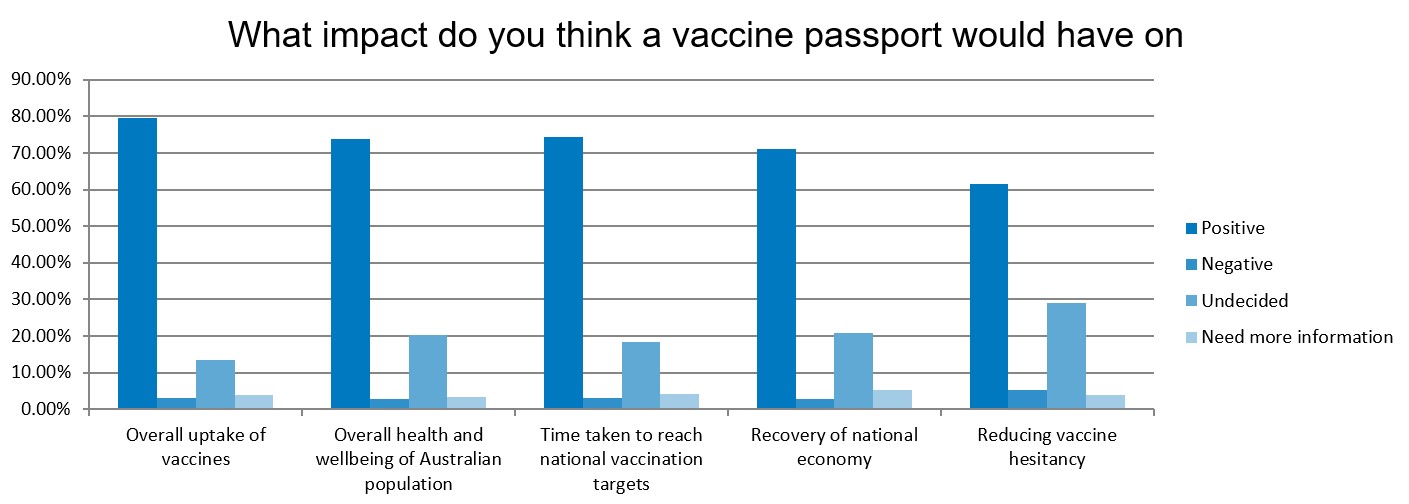Authorities are predicting that we might reach our 70% target in November and 80% by the end of the year.
The covid vaccine rollout is certainly moving forward admirably.
Authorities are predicting at this rate we might reach our 70% target in November and the 80% target by the end of the year.
Of course this prediction relies heavily on maintaining current rates of vaccination, and it is well-recognised that there are many different factors that can and will affect these rates. Firstly access to the vaccine is an obvious rate-limiting step and no doubt explains low vaccine coverage in areas such as north western Australia and outback Queensland.
But also there are obviously other factors at play if one is to explain why certain areas of the major cities are lagging in their vaccine coverage compared to others. Many questions will be being asked, especially in Sydney in order to discover how to encourage vaccination in those areas that are dragging the chain, which incidentally tend to be those areas where the most recent outbreaks are occurring.
Healthed recently asked doctors what they thought might have the most impact on improving vaccination rates in Australia. Of the 828 GPs surveyed, almost three quarters (74.27%) believed a ‘vaccine passport’ would positively influence uptake and reduce the time needed to reach vaccination targets. The majority of the remainder were unsure of the impact of such an initiative and only 3% considering a passport might have a negative impact.

Interestingly, only 57% of GPs thought giving patients a $300 vaccination incentive payment would positively affect the time taken to achieve vaccination targets, which tends to suggest GPs consider patients to be motivated more by freedom and access to travel than by money.



